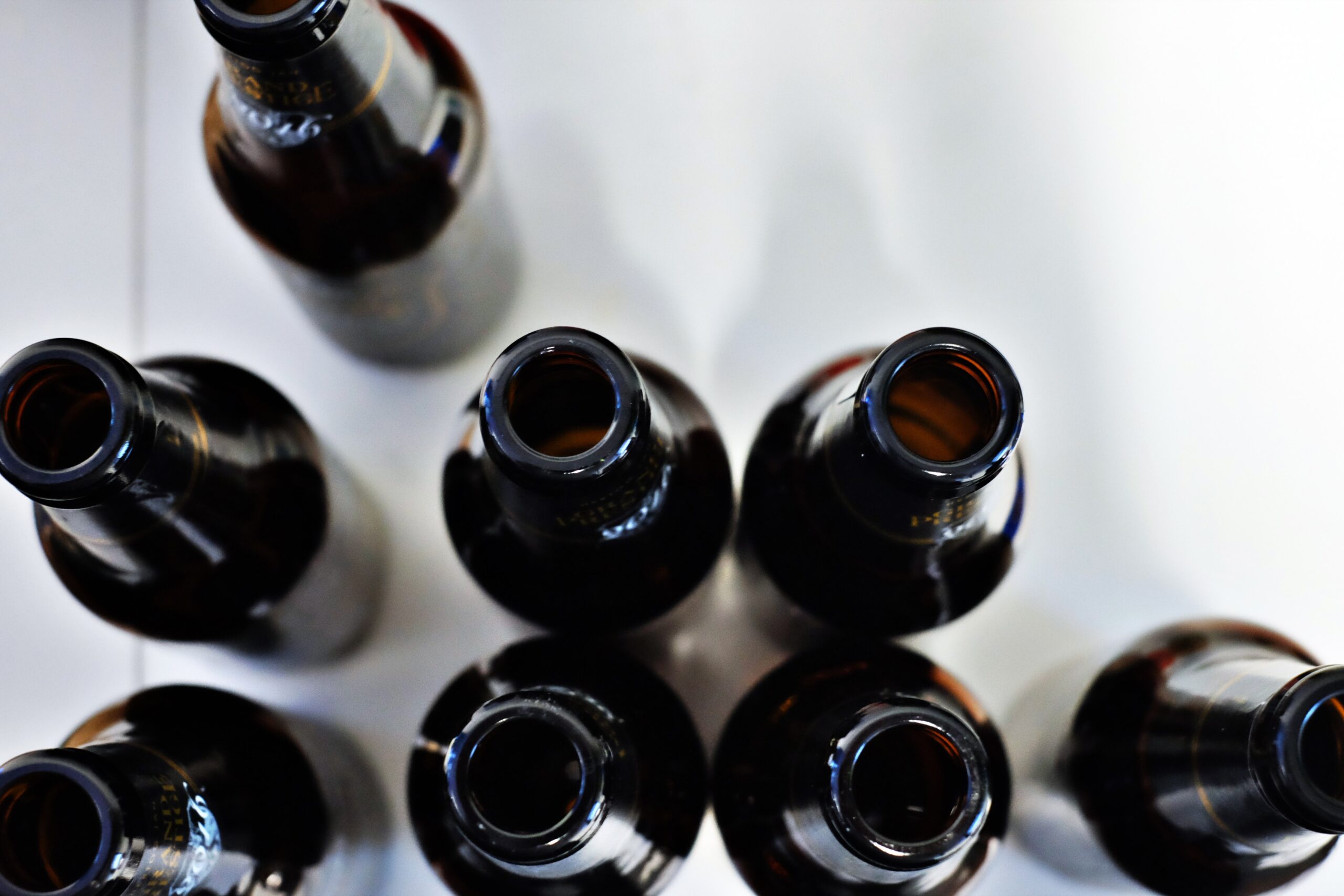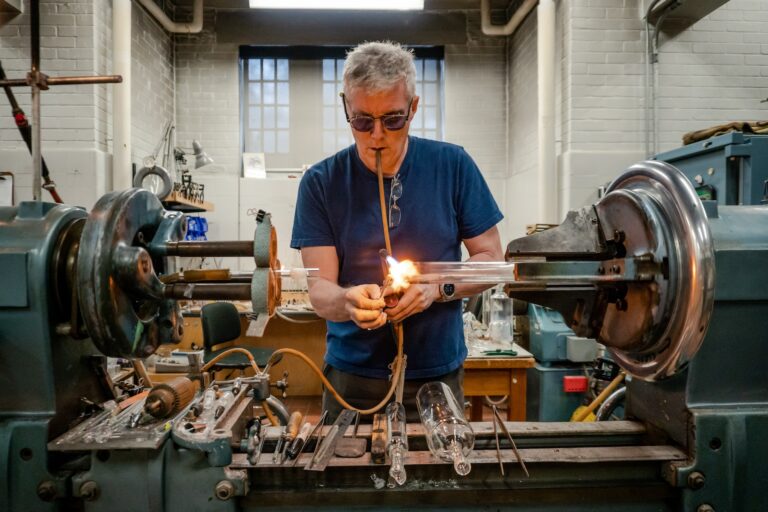New study finds medications to treat alcohol addiction underused
Between 2015 and 2019, fewer than 5 per cent of British Columbians who met the criteria for moderate to severe alcohol use disorder received medications for the minimum recommended time of three months.

Photo by Thomas Picauly on Unsplash
Medications for alcohol use disorder are underutilized in British Columbia, despite their safety and effectiveness, according to a new study published today in the journal Addiction.
The study found that between 2015 and 2019 fewer than five per cent of British Columbians who met the criteria for moderate to severe alcohol use disorder (AUD) received medications for the minimum recommended time of three months.
Researchers developed a cascade of care for AUD, a visual tool that describes the effectiveness of the health system in identifying people with AUD, engaging and retaining them in treatment and care, and in identifying gaps in service delivery.
Alcohol use is a leading risk factor for disease burden. In 2017, alcohol accounted for the largest proportion of the $46 billion substance use-related costs in Canada. In 2019, almost 700,000 (two per cent) and 5.8 million (18.3 per cent) Canadians met criteria for moderate-to-severe AUD and heavy drinking, respectively. That same year, the rate of hospitalizations entirely caused by alcohol was similar to those for heart attack and three to four times higher than those caused by opioids or cannabis, with alcohol being entirely responsible for more than 3,200 deaths.
“These findings suggest that despite clinical guidelines and best practices, alcohol use disorder is under-treated, leaving individuals without access to effective treatments that can improve their health and wellbeing,” says Dr. Eugenia Socías, lead author of the study, research scientist with the BC Centre on Substance Use (BCCSU) and assistant professor in the department of medicine at UBC. “We found that most individuals did not access medications, and retention rates on medications remained low overall, leaving much room for improvement for the treatment of alcohol use disorder.”
Researchers used linked administrative health data from the Provicinal Overdose Cohort, a collection of health data maintained by the BC Centre for Disease Control. A random 20 per cent sample of B.C. residents (1,093,970 people) between 2015-19 were selected and people with moderate-to-severe AUD (7,231 people or 0.7 per cent of the population) were identified. Trends in access and retention in AUD care were evaluated to assess the impact of access to medication on hospitalizations, emergency department visits, and death across the cascade of care. This is the first study to identify prevalence of moderate-to-severe AUD in B.C.
Additional key study findings include:
- Access to medication was associated with reduced odds of experiencing any AUD-related adverse outcomes, including hospitalization, emergency department visits, and death.
- There was a trend to longer retention on medications being associated with greater reductions in AUD-related adverse outcomes.
- Those living in rural and remote areas had lower rates of use of medications for AUD.
AUD is recognized as a chronic and relapsing condition, with clinical guidelines recommending at least three to six months of treatment with medication as a first-line treatment for moderate or severe AUD. Front-line pharmaceutical interventions include naltrexone, acamprosate, and disulfiram, which are considered the gold standard for treatment of AUD by Health Canada. To support positive outcomes for those with AUD, the study authors suggest a need for early diagnosis and improved access to medications for AUD.
“Healthcare providers should be trained to talk to patients about their alcohol use regularly to ensure early diagnosis alongside offering evidence-based medications as part of their treatment,” says Dr. Seonaid Nolan, study co-author, as well as the head of Providence Health Care’s division of addiction at St. Paul’s Hospital, clinician scientist with BCCSU, and the Steven Diamond Professor in Addiction Care Innovation at UBC.



